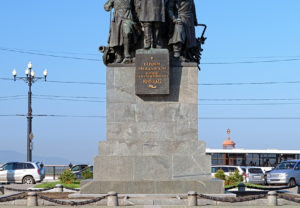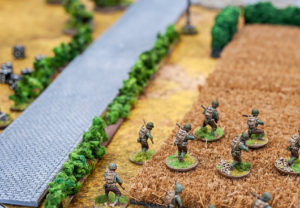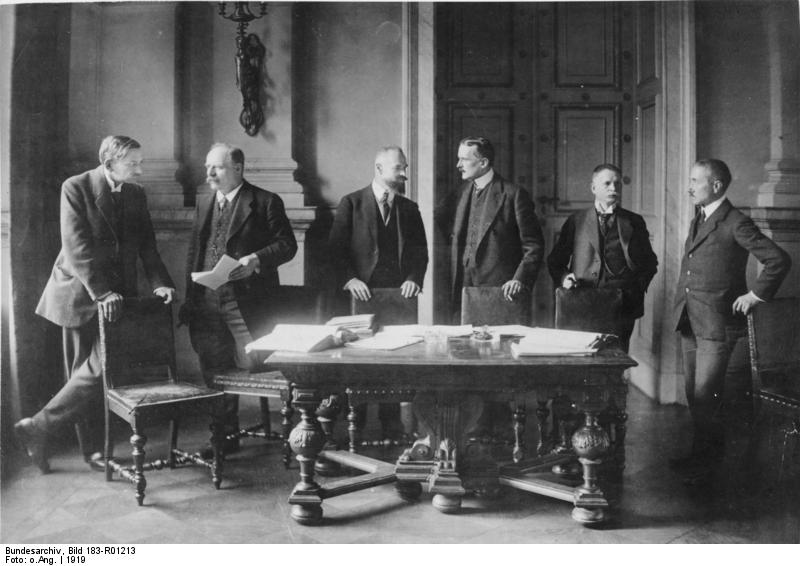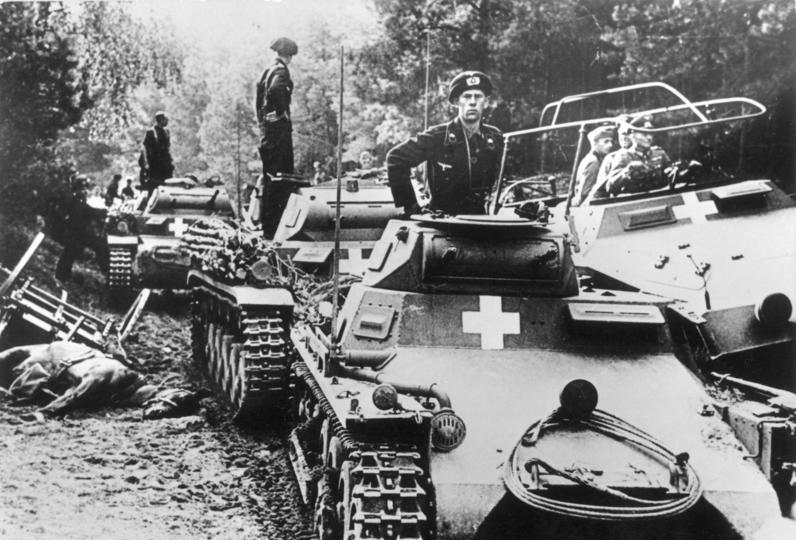Marshal Ferdinand Foch was born in 1851 in Tarbes, France, the son of a civil servant and the brother to a Jesuit priest, something that didn’t necessarily help him in the line of work he would later choose and dedicate his life to: the French Army.
*You see, back then France was a Republican government who was strictly “anti-clerical”*
Anyway, Foch would rise through the ranks of his country’s infantry forces, and eventually found himself as the “Commander-in-Chief” (“Généralissime”) of the Allied Armies in the spring of 1918 — right in the thick of World War I.
Let’s just say, after a few struggles, he did well. Very, very well.
In the Battle of the Marne, Foch helped halt a German advance on Paris, a breakthrough that has, in many ways, immortalized his name was a brilliant battle strategist, with the historian Larry Addington writing that “to a large extent the final Allied strategy which won the war on land in Western Europe in 1918 was Foch’s alone.”
It was right after the armistice and World War I’s end that Foch quipped his psychic line, a prediction that would ring true (like a Blue Nile diamond) nearly to the day.
After the Treaty of Versailles (shown above), because Germany was allowed to remain a united country, Foch declared …






































